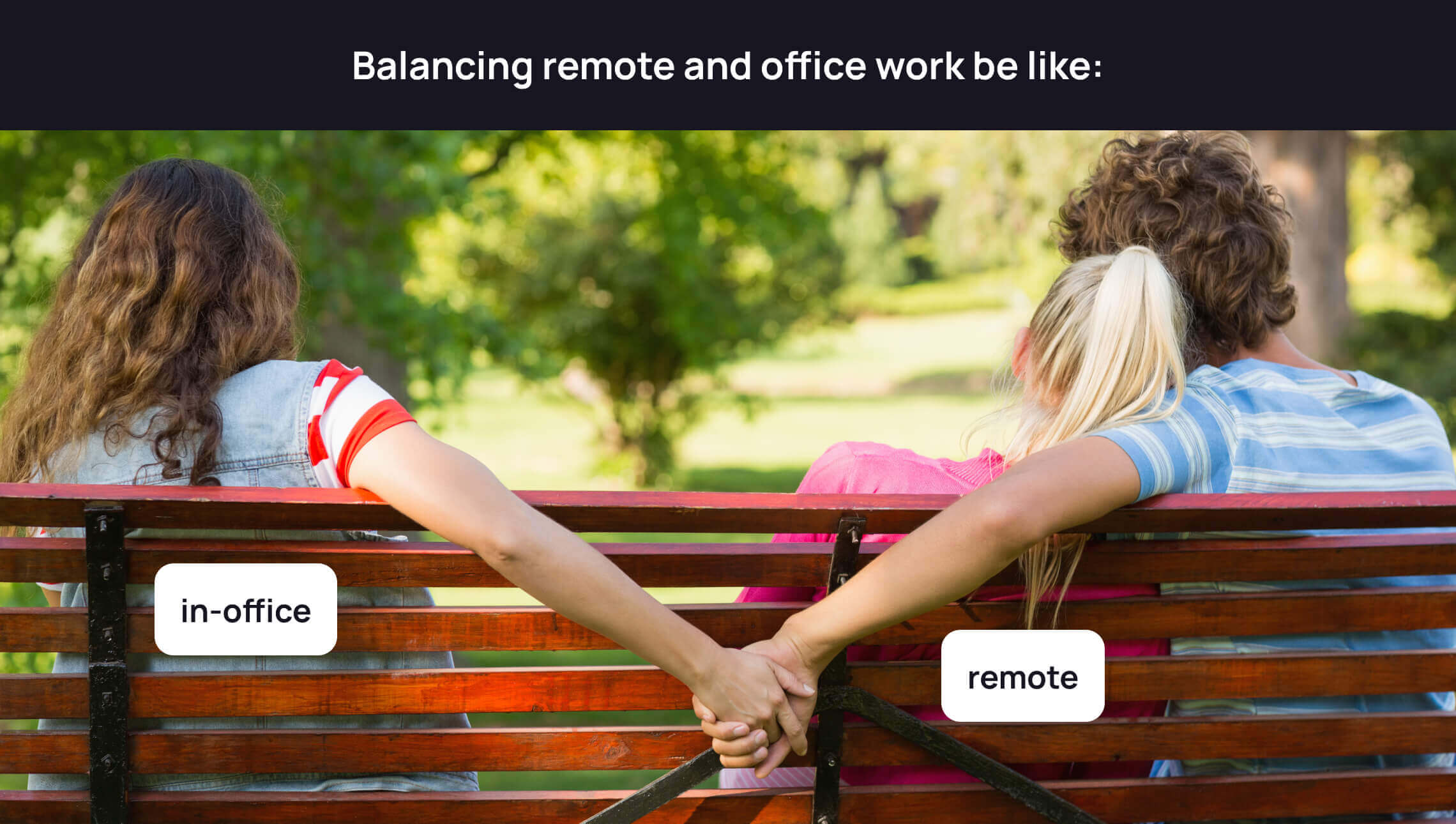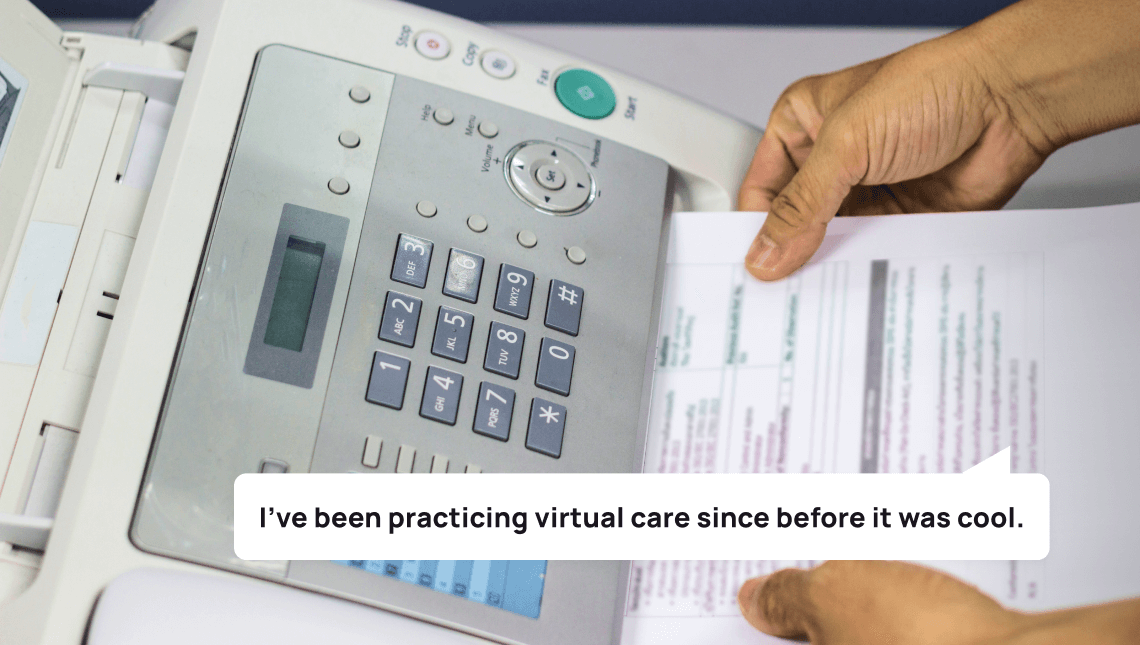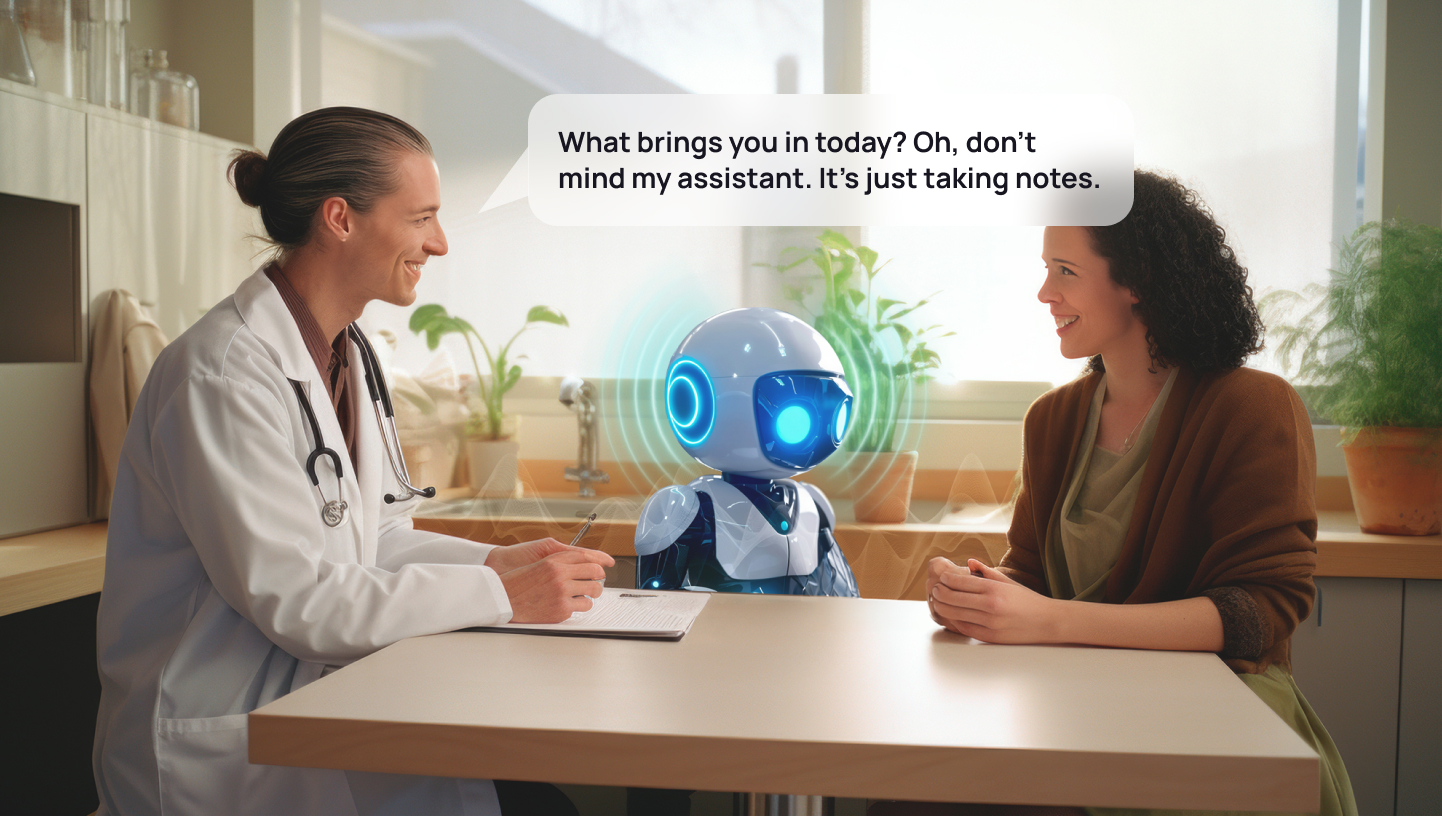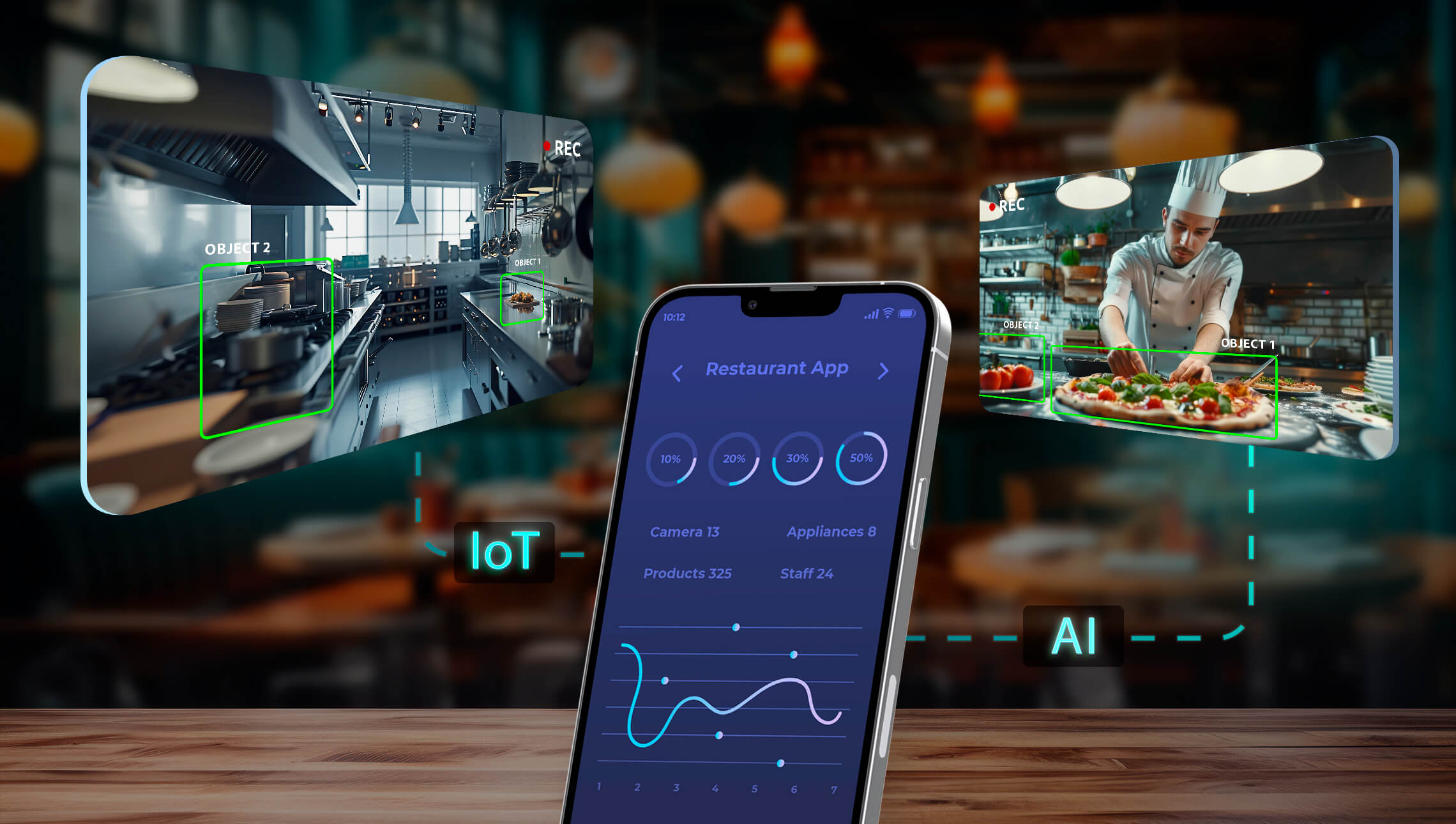Shifting to Hybrid Right: Top 3 Software Solutions You Need

Originally brought into being as a temporary measure to keep employees safe and healthy in the face of the unfolding pandemic, hybrid working has become a common thing in the work world. Moreover, it’s not even so much about COVID restrictions anymore. Today the opportunity to split hours between home-based and in-office work is one of the top criteria when choosing a job for most employees. According to statistics, 54% of employees would quit their current job for one that offers more flexibility, especially in the area of remote work.
The introduction of the home-office model brings huge benefits to employers. Apart from the most obvious advantages like reduced expenses and a broader talent pool, by offering more freedom and autonomy businesses are boosting job satisfaction levels as well as helping their employees improve their physical and mental well-being and maintain a healthy work-life balance. As a result, they see a 12% lower turnover rate and higher overall productivity.
However, to benefit from all of these advantages, a business needs to create a successful work environment. And this is where digital technology comes into play. Modern office software solutions can help managers improve team communication, manage projects and tasks more effectively, and ensure flexible working conditions in a new hybrid setting. Let’s see how.
Communication
Communication is probably the aspect of work that suffers the most in a hybrid environment. When one part of a team works in the office, another stays at home and the other lives overseas it’s hard to keep everyone connected. So the first must-have office technology for a successful hybrid workplace is communication software solutions. Based on your team and project needs, it can be messaging apps or video conferencing tools, or both.
But the last thing you want to do is to get too many apps. A 2021 research by Asana shows that knowledge workers switch between an average of 10 tools up to 25 times a day. 26% of respondents say such an overload affects their productivity. And 27% claim they miss actions and messages when juggling between tools.
To cut all the toggling it’s important to choose the products your team really needs. You might want to look for all-in-one solutions with rich functionality: the more business-critical features you can get from one app, the better. Also, to avoid excessive app switching consider tools that can be easily integrated with your other business solutions. That way, you’ll have all important information and conversations in one place and boost your employee efficiency.
When shopping for communication tools, focus on the 3 S’s: security, scalability, and support. Consider solutions that offer reliable protection and privacy of data, are capable to grow as your business gets larger, and are backed up by a team of tech guys to help you out if things go wrong.
Project Management
The next big challenge businesses face when shifting to a hybrid model is establishing a team’s workflow. So after you got everyone connected via communication apps, it’s time you chose project management software. Such solutions function as a virtual workplace, where you can plan, assign, track, report, and control all your project activities.
The key to selecting the right tool is to clearly understand your priorities. What challenges are you planning to address with the software? What are your industry’s constraints? How big your team is? What is your budget? Answering these and many other questions, try to be as specific as possible. That will help you focus on what’s really important and rule out options that won’t do the trick for your project.
Desk Management
In the new hybrid model, businesses are switching from a traditional one-person-one-desk approach to hot desk booking, where employees don’t have designated workspaces and should reserve desks and meeting rooms when they want to work on-site. So another critical element of a hybrid work environment is software solutions for office hoteling.
The use of such a system is, first of all, a great way for companies to reduce costs. According to data presented by Inc, up to 40% of an office’s dedicated desk space sits unused on a given day. So by cutting furniture and hardware expenses, you can free up wasted space and turn it into, say, a meeting room or a common relaxation area.
Another reason to invest in desk management software is to improve productivity. By giving your employees the opportunity to choose a workspace that best suits their current needs you can boost their motivation and performance. That way, those who have a busy online meeting schedule won’t distract those who need a quiet place to work on a project.
Shifting to Hybrid with Softarex
Softarex itself successfully introduced the hybrid working model in all its locations about 2 years ago. So we perfectly understand what challenges a shift may bring and, more importantly, how to tackle them effectively.
Softarex also has 22 years of experience in developing digital solutions for a wide array of industries, including Information technology. We combine advanced software development practices and our own research in AI & machine learning, big data analytics, and computer vision to help businesses handle daily issues, reduce operating costs, optimize workflows, and improve productivity. Check out our portfolio to learn more about our best projects.
And if you have any questions about digitalizing your office or want to get a consultation about your next project, feel free to contact us. Our team will reach out to you shortly to discuss your development needs.





